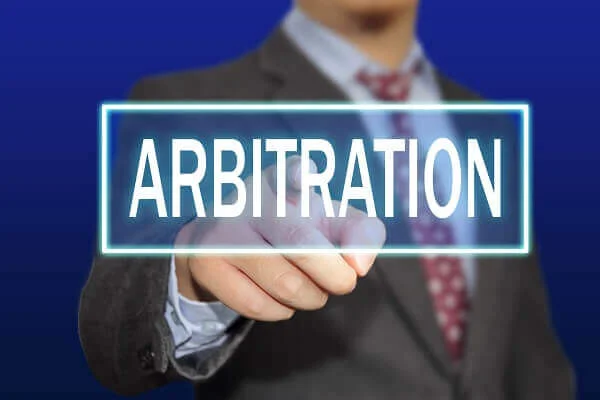Decisive California Attorneys
Most of us understand that when we purchase a home or a piece of property, we own that real estate until we choose to sell it, loose it to foreclosure, or pass away. What many property owners do not realize is that in certain situations, the land you own, or portions of it, can be acquired by others through an obscure process called adverse possession.
Adverse possession is a process whereby a third party who regularly uses your land without your permission, can acquire your land over a period of time. While acquisition through adverse possession is a long and difficult road, it is one that every property owner should be aware of in order to minimize the risks of unexpected property loss.
What Does Adverse Possession in Rancho Cucamonga Require?
Under California law, in order for an individual to claim title to land by adverse possession, he or she must establish certain requirements:
The possession must be hostile which means without permission and adverse to the current owner
The adverse possessor must be exclusively using the property or a portion of property
The possession must be open and notorious
The adverse possessor must use the property for at least five continuous years.
The adverse possessor must pay all applicable taxes on the land or portion of land for the five year period
The individual seeking to prove ownership by adverse possession (often referred to as the trespasser) has the burden of proving all of these elements. Only after the trespasser makes an initial showing that all of five elements are met does the original owner bear the burden if disproving one or more of the elements.
How to Prevent Adverse Possession from Occuring
The easiest way to prevent a claim for adverse possession is to keep a close and watchful eye on your land. If you notice that a neighbor is frequently using your land to get from his home to a nearby lake, for instance, or has built a shed on your property, you have two options.
First, if the neighbor’s actions are not actually bothersome to you, but you want to prevent any issues down the road, grant the neighbor written permission to use your property in this fashion. Written permission negates the very first element of an adverse possession claim, as the use is no longer hostile or adverse. Use with permission can go on for any number of years without rising to an adverse possession claim.
Second, if you do disagree with your neighbor’s actions, but cannot bring him or her to stop what is happening, consider a claim for quiet title. A quiet title action essentially asks a court to declare the rights that individuals have, if any, to a piece of land. If your neighbor has no right to build a shed on your property, the court will tell him so and order him to cease building. This also prevents any later claims from arising.
California Lawyers Protecting Your Real Estate Investment From Threat
The property you own is often the most important investment you will ever make. Over the course of your lifetime you will undoubtedly pour your time, money, and hard earned effort into protecting and managing your land, which makes the threat of an outsider acquiring your property, or a portion thereof, even harder to swallow.
If you are concerned about acquaintances or unknown third parties who may be regularly using your land without your permission, the attorneys at CKB Vienna LLP can help you evaluate your situation and make a plan for protecting your property rights. For more information, contact us online or at 909-980-1040.





















